Commercial Refrigeration Systems and Services | JBScooling.com | Houston
Commercial Refrigeration Systems and Services | JBScooling.com | Houston

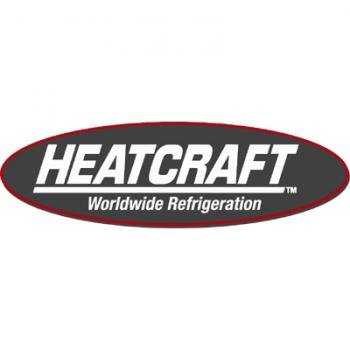
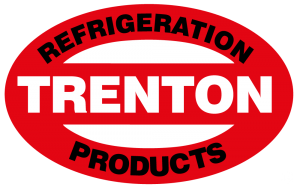
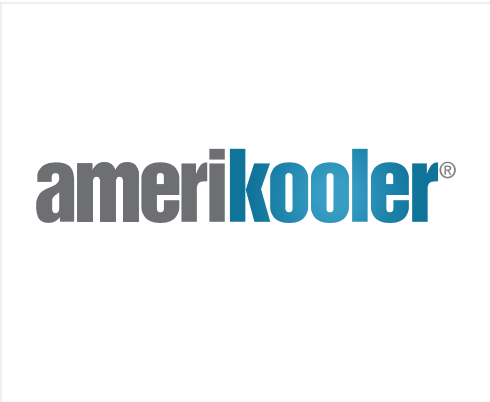

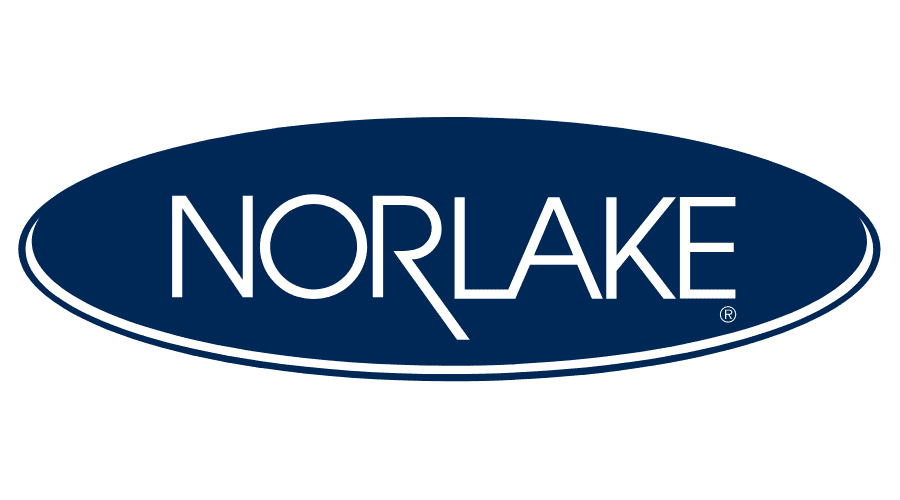
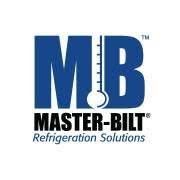
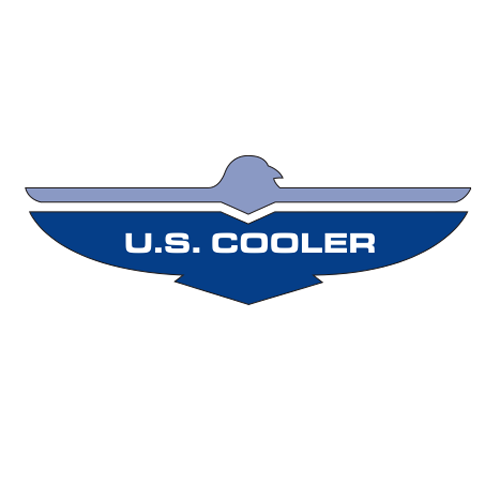

















JBS Cooling and Heating is the company to trust for high-quality commercial HVACR services! Our team is thrilled to provide commercial areas in Houston with the air conditioning units you need for all your operations.
Cooling takes a lot of energy, and in Houston’s infamously sunny and humid climate, keeping things cool is a necessity. Food preparation and preservation is especially of concern, as spoiled food can mean billions of dollars going down the drain.
That is why we work closely with restaurants, bars, hotels, and other food service business to ensure your food will not be going to waste. Our team are experts with all kinds of commercial HVACR systems; our repair and maintenance services will leave your system looking brand new and acting like it too. We can also install a new commercial HVACR unit should your old one be beyond repair.
JBS Cooling and Heating is committed to helping businesses all around the Houston area in their air conditioning. We also help residents in their air conditioning as well, particularly during the torrid summer months. We travel everywhere, from The Woodlands to Atascocita; if your company has a location in Dallas, we can make the trip there as well.
The possibilities are endless, so call us today to get started with our commercial HVACR services. We are available 24/7, so no matter the time of day, we can get your units working once more. JBS Cooling and Heating is a company to trust when it comes to commercial HVACR services.
For many years, JBS Cooling and Heating has offered commercial HVACR services for food service businesses, namely restaurants, bars, and hotels. No matter the state of your equipment or the kind of business, our team can repair and provide maintenance for the following:
Kitchen and restaurant equipment tends to produce a lot of heat in a relatively small area. Keeping your area cool for both the food and your employees and anticipating any burdens to the system is requisite. Making sure your AC system works for your clients can also ensure your business is safe, welcoming, and professional.
Ice machines were invented as early as 1845 by American physician John Gorrie, based on the design of Oliver Evans. There are four types of ice machines. Portable ice machines are ideal for gatherings, producing ice in smaller quantities. Under counter kitchen ice machines are just as it says on the tin: They are made to fit under kitchen counters and are used in both residential and commercial settings.
Modular ice machines are used in commercial applications and typically are much larger units. Flake and nugget ice machines specialize in chewable ice, used primarily in hospital and food service industries. Patients with difficulty chewing benefit from flake ice while nugget ice is popular in beverage.
Ice machines must be connected to a water source, usually a reservoir. Ice machines have four components that work in tandem to produce ice: compressor, the condenser, the expansion valve (TXV), and the evaporator. Refrigerant undergoes a journey through the condenser, the TXV, and the evaporator, turning from liquid to gas and back to liquid again.
First the ice compressor pressurizes the refrigerant gas. The gas then flows to the condenser, which dissipates heat and turns into a high-pressure liquid. This liquid passes through the expansion valve, where it expands and cools rapidly, turning into a low-pressure gas.
This cold gas finally flows through the evaporator coils. When water is pumped over these coils, it then freezes into ice. The evaporator then releases the ice, either in cubes, flakes, or nuggets. The ice is then stored in an insulation bin to keep from melting.
Without proper maintenance, the ice machine may not be able to produce ice cubes and may even start leaking water. At JBS Cooling and Heating, we have experience with a wide range of ice machine brands—namely, Scotsman, Hoshizaki, Ice-o-matic, and Manitowoc.
From routine maintenance to professional installation, you can trust JBS Cooling and Heating will get the job done with our commercial HVACR services. Our ice machine repair service will leave your products as good as new once more!
To keep most food and liquids at a cool temperature, we offer repair and maintenance services for both walk-in coolers and walk-in freezers. These two are similar in their overall function, but they have key differences in the type of food they keep cool.
Walk-in coolers keep produce, dairy products, and other perishable goods. Coolers can be easily customized depending on the type of food service business you run. Walk-in coolers don’t typically have insulation since the temperatures are higher than freezers.
Walk-in freezers tend to preserve food that need much lower temperatures, such as meat, seafood, and desserts. Freezers are made of out heavier-duty materials, require more insulation, and tend to have thicker walls, ceilings, and floors. As they require more powerful cooling systems, walk-in freezers tend to be much more expensive than coolers for this reason.
Regardless, both walk-in coolers and freezers have considerable advantages over standalone refrigerators and freezers. They are much more eco-friendly for one thing, using more energy-efficient condensers and compressors; ergo, they are much more economical. They are easily accessible and offer great storing options.
If you have a walk-in cooler or freezer, or both that is giving you trouble, then contact JBS Cooling and Heating today. We have tons of experience repairing and maintaining all kinds of units. Our commercial HVACR services are just what you need to keep your business’s operations running as smoothly as possible.
Commercial HVAC systems are complicated ones designed to cool down and heat up large buildings and indoor areas. Commercial HVACR involves two types of heaters, radiant and furnace system heaters. They can have mechanical ventilation with the use of fans or natural ventilation that uses the natural flow of air and outside air pressure.
Some commercial HVACs use a refrigerant-based system, which moves heat through the system and expels it out. But there are non-refrigerant systems as well, cooling the water and using the vapor.
The heating component of an HVAC system can use various energy sources, including gas, electricity, and oil. Common heating systems include furnaces, which use gas or oil to heat air. Boilers heat water to produce steam or radiators. The heat pumps then transfer heat from the outside air or ground to heat the indoor space.
HVACs also have ventilation systems to remove stale air and control humidity. These systems use ductwork, which cannels air throughout the building, air handling unites or AHUs to condition and distribute the air, and exhaust systems to remove the contaminated air. And of course, there is the air conditioning unit, which cools the air indoors using a refrigeration cycle.
To monitor and adjust the temperature, air quality, and humidity, HVAC units use thermostats and control systems. For efficient energy management, advanced systems use programmable or smart thermostats connected to building automation systems (BAS).
There are four types of HVAC units. To whit:
Single-split systems are ideal for small commercial buildings. This is because these systems consist of a separate heating and cooling units for each zone. Multi-split systems can connect multiple indoor units to one outdoor unit. This saves space and improves efficiency.
Variable Refrigerant Flow (VRF) systems are advanced systems that can heat and cool different zones simultaneously. Chiller systems use chilled water for cooling and hot water for heating using boilers. Lastly, rooftop units or RTUs are self-contained units on—you’ve guessed it—rooftops, commonly used in commercial buildings for centralized heating and cooling.
For a furnace-based HVAC system, the thermostat signals the furnace to ignite the burners, heating the air. This air is then blown by a blower fan through the ductwork.
If a commercial HVAC unit is a boiler, then the thermostat triggers the boiler to heat water. The hot water or steam is circulated through radiators or radiant floor systems to heat the building. These heat pumps, which can reverse their operation to provide heating, extract heat from outside air or the ground and transfer it indoors.
To cool a building, the thermostat signals the compressor, which pressurizes the refrigerant. This refrigerant, now a high-pressure gas, flows through the condenser, releasing heat outside and condensing into a high-pressure liquid. The liquid refrigerant passes through the expansion valve, dropping in pressure and temperature. Finally, the cold refrigerant enters the evaporator, absorbing heat from the indoor air and cooling it.
Most commercial HVACs are rooftop units. JBS Heating and Cooling can come in and repair or even install additions to your unit without disturbing your clients or employees. If you perceive that your unit is not cooling or heating as it once was, then it may be time to hire our commercial HVACR services.
Most HVAC units are out of sight, and therefore out of mind. It can be difficult to ascertain whether your unit needs a repair until the worst occurs and your unit shuffles off its mortal coil. If you do not want to wait until your food spoils or your area turns into a sauna, then paying attention to these signs that your unit needs to be replaced can save you tons of time and money:
If your unit is plagued with these problems, that begs the question: Should you repair it or replace it? The rule of thumb is that if your repairs cost 50% of the value of your unit, then it may be more cost-effective to replace it. And as always, if your unit is getting on in years and if the number of breakdowns has increased drastically, then you should by all means replace it. That said, if your unit is relatively new and comes with a warranty, then getting it repaired maybe worthwhile.
No matter the problems and eccentricities of your HVAC system, JBS Cooling and Heating has the technical know-how to solve all your air conditioning issues. Our commercial HVACR services are delivered by experts with years of experience in their field. We can repair or install a new HVAC unit according to your needs.
To keep your commercial HVAC unit running properly, regular and proper maintenance is requisite. This will help prevent your commercial unit from developing serious problems and breaking down. Fortunately, we offer high-quality commercial HVACR services, which includes maintenance.
The first thing we do is inspect your unit for any irregularities, particularly your air filters, coils, vents and registers, and ductwork. We clean the coils if they are dirty and replace the air filters if they need replacing; you should be replacing your air filters every three months. For the ductwork, we check to see if there are any leaks, obstruction, or damage.
Lubricating moving parts is essential to prevent smooth operation and reduce the risk of damage. If any of your moving parts needs lubrication, we can do that for you, no problem. We also check the refrigerant level; low levels can indicate a leak, which can cause havoc on your systems.
For the thermostat, we check the settings to make sure it is calibrated correctly. Ideally your thermostat should be set to your building’s schedule to maximize efficiency. We also check your electrical components, including your system controls. Apart from these, you should also maintain your:
Many people find it difficult to know when to inspect or perform maintenance on their units. We recommend performing checks on your air conditioning to just before the summer hits. That way you can fix all the problems that crop up before the strangling Houston heat comes and really makes you rue not having a workable unit. The same goes for your heating, except you should be scheduling maintenance checks before the fall and winter months arrive.
Other actions we highly recommend is keeping detailed records of inspections, maintenance, and repair jobs on your unit. That way you can identify recurring issues and fix them accordingly. Building automation systems to monitor your unit will also help much in identifying and fixing issues.
An energy audit of your entire building is also highly recommended. That way, you can access your building’s energy use, identify room for improvement and efficiency, and upgrade energy-efficiency components. You should also train building occupants on the proper use of HVAC systems.
By maintaining your HVAC unit, you can ensure that your air conditioning and heating systems will work better than ever. You can even keep AC energy costs down and extending a system’s lifespan. And of course, by hiring our commercial HVACR services, JBS Cooling and Heating, your unit can get the high-quality maintenance and repairs it needs.
If you find yourself struggling with uneven temperatures for all your room and your unit looks as if it is working as it should, then you may opt for a zoning system. Zoning system divides areas within your building that can be independently climate-controlled. For example, one room or area could be set at 76 degrees, another at 72 degrees.
The advantages of this system are obvious. Not all rooms are created equal, so it makes sense to focus on some areas that are harder to heat and cool than others. If you have boiler rooms or rooms with tons of electric equipment that need to keep cool, then having individual climate control would be ideal.
Moreover, a zoning system reduces wear and tear on your system, offering flexibility in terms of how you want your area to be cooled and heated. You can better accommodate temperature preferences for clients as well. A zoning system prevents over-conditioning or overheating unoccupied rooms, which can lead to lower energy bills.
Zoning systems operate through thermostats, of course, as well as signal transmission. If the thermostat detects a temperature difference from the setpoint, it sends a signal to the control panel to indicate that cooling and heating is needed. The control panel then adjusts the dampers—motorized devices installed within the ductwork—to direct airflow to the zones.
Zoning systems do require higher installation costs than most regular HVAC units, especially retrofitting costs. Managing a zoning system is also a very complex endeavor, requiring much training to troubleshoot problems. Older HVAC systems are also not equipped to handle a zoning system, so you may wish to watch out for compatibility issues if your building or equipment is a decade older.
Temperature discrepancies can also increase the strain on your unit, leading to breakdown and problems. Zoning systems demand a lot of space for the various components, as well as increased maintenance requirements over all.
JBS Cooling and Heating offers financing services should you decide a zoning system is right for you. Although most of our business is dedicated to commercial buildings and areas, we also install units in residential areas as well.
Cooling and heating your commercial areas need not be a perpetual headache. Your areas can and should enjoy high-quality cooling and heating capabilities with our expert commercial HVACR services. We can maintain and repair ice machines, freezers, coolers, and, of course, commercial HVAC units.
No matter what kind of commercial HVACR services you are looking for, you can trust that JBS Cooling and Heating will have the knowledge and skills to fix all your air conditioning woes. We have worked with restaurants, hotels, bars, and other businesses in the food service industry in the past on their systems, but we also service other businesses and even residential areas.
To learn more about our commercial HVACR services, feel free to visit our enlightening blog; if you’re looking for financial services, we can help you out as well. JBS Cooling and Heating is available 24/7, so no matter the time of day, we can help you resolve your commercial air conditioning issues. We service eight different locations, from Atascocita to Spring to The Woodlands and Humble; we usually cater to businesses in northwest Houston. Benefit from high-quality commercial HVACR services today!